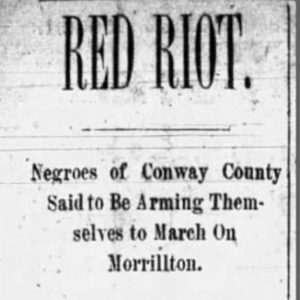 Flanigan Thornton Lynching Article
Flanigan Thornton Lynching Article
Entry Type: Event
 Flanigan Thornton Lynching Article
Flanigan Thornton Lynching Article
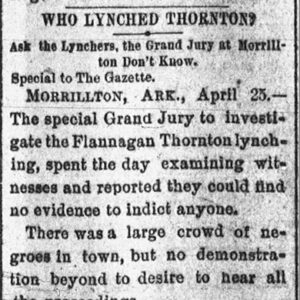 Flanigan Thornton Lynching Article
Flanigan Thornton Lynching Article
Thornton, Flanigan (Lynching of)
Thurairajah v. City of Fort Smith
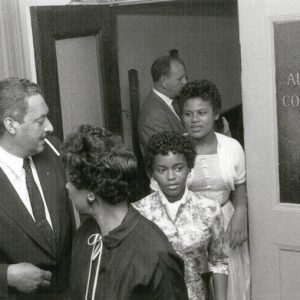 Thurgood Marshall and Central High Students
Thurgood Marshall and Central High Students
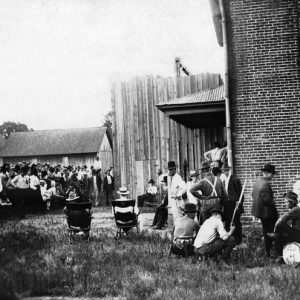 Arthur Tillman Hanging
Arthur Tillman Hanging
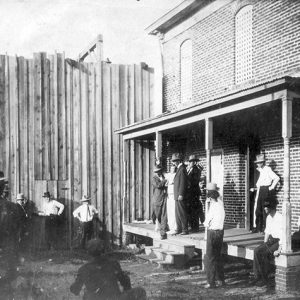 John Arthur Tillman
John Arthur Tillman
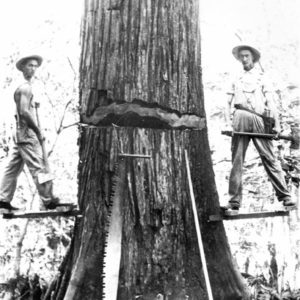 Timber Cutting
Timber Cutting
Timberfest
Times-N-Traditions Festival
Titan II Missile Accident (1965)
 Titan II Missile Convoy
Titan II Missile Convoy
Titan II Missile Explosion (1980)
 Toad Suck and Murray Lock and Dam Flooding
Toad Suck and Murray Lock and Dam Flooding
 Toad Race
Toad Race
 Toad Suck Daze
Toad Suck Daze
Toad Suck Daze
Toll (Lynching of)
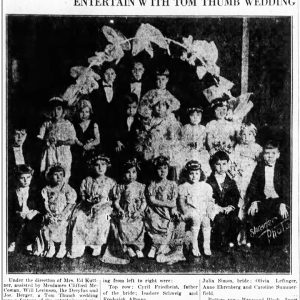 Tom Thumb Wedding
Tom Thumb Wedding
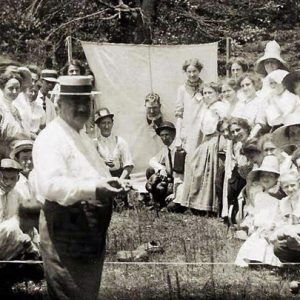 Tontitown Grape Festival
Tontitown Grape Festival
 Tontitown Grape Festival Dinner
Tontitown Grape Festival Dinner
Tontitown Grape Festival
 Torch Run Bus
Torch Run Bus
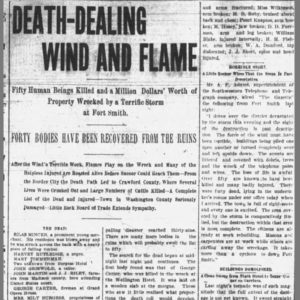 Tornado Article
Tornado Article
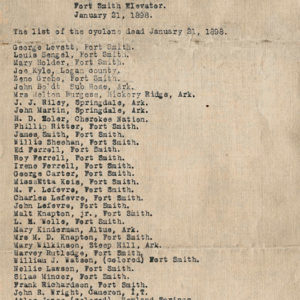 Tornado Dead
Tornado Dead
Tornado Outbreak of 1952
Tornado Outbreak of 2023
Tornado Outbreak of March 1, 1997
 Train Wreck near Siloam Springs
Train Wreck near Siloam Springs
Trammell, Albert (Execution of)
Treaty of Council Oaks
 George Tribou Birthday
George Tribou Birthday
 George Tribou Funeral
George Tribou Funeral
 Tribou Meets the Pope
Tribou Meets the Pope
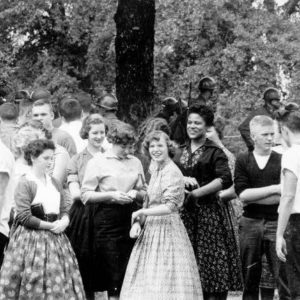 Minnijean Brown with Classmates
Minnijean Brown with Classmates
Triple Execution of 1994
Triple Execution of 1997
Troop Train No. 571 Wreck of 1918
aka: Garland Troop Train Accident of 1918
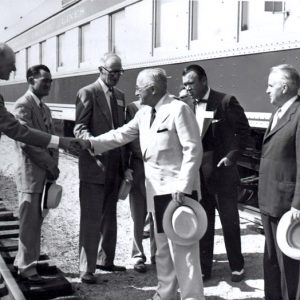 President Truman at Cotter
President Truman at Cotter
Trumann Wild Duck Festival
Tucker-Parnell Feud
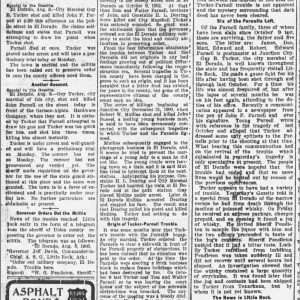 Tucker-Parnell Feud Article
Tucker-Parnell Feud Article
Tucker, Frank (Lynching of)
Tucker, James (Execution of)
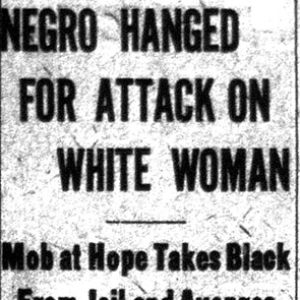 Tuggle Lynching Article
Tuggle Lynching Article
Tuggle, Browning (Lynching of)
Tulip, Skirmish at
 Tull Welcome Sign
Tull Welcome Sign




